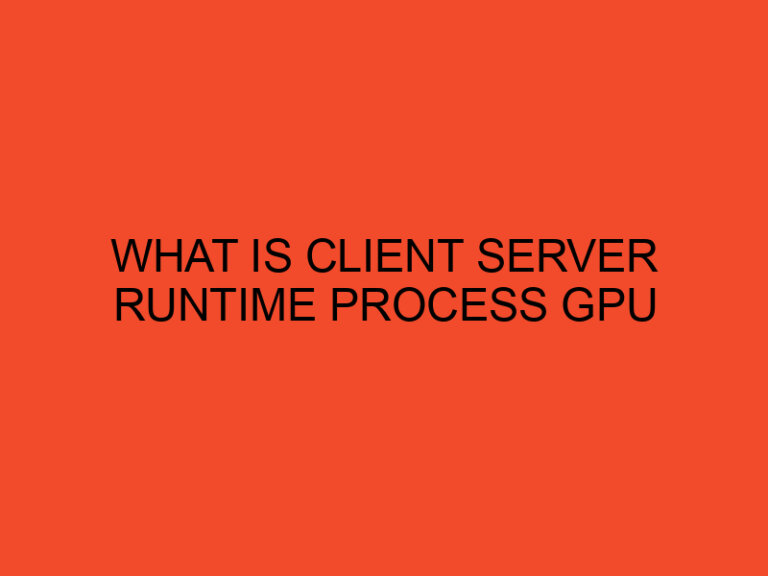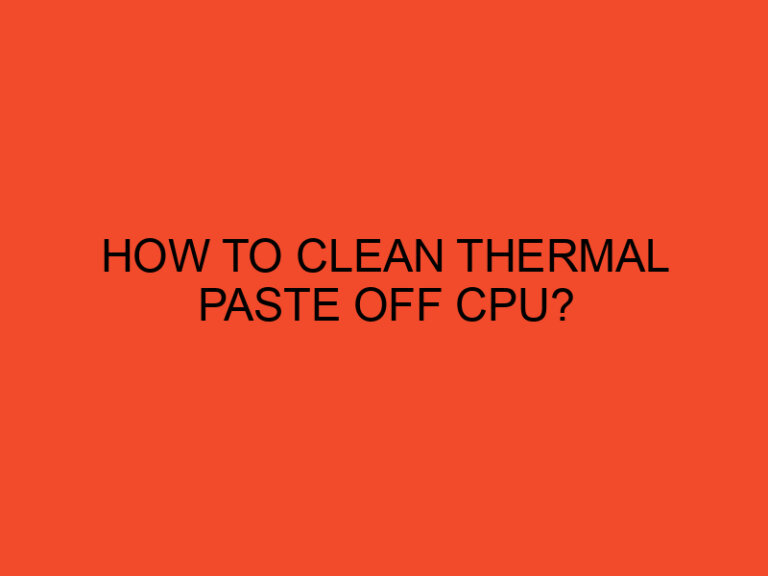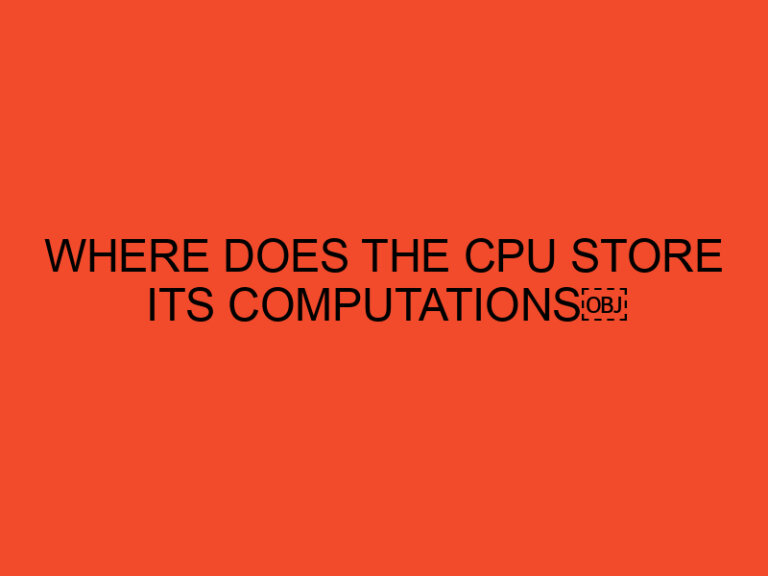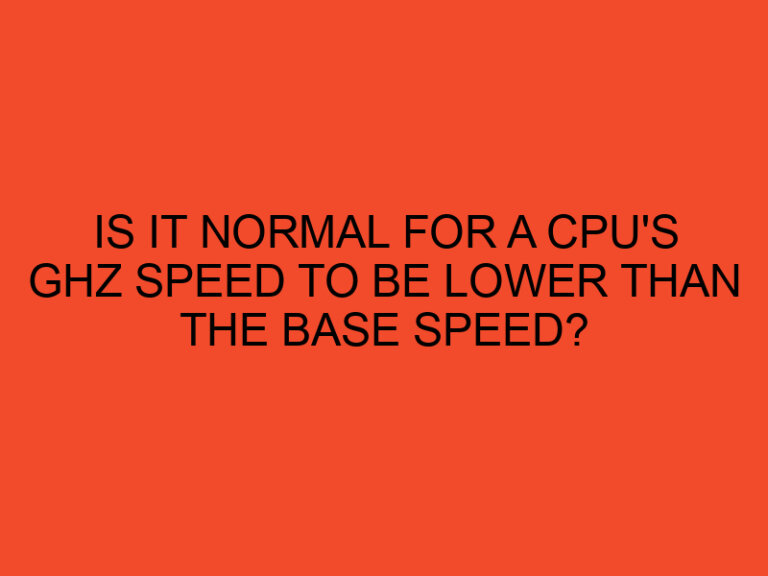Are you an avid gamer looking to enhance your gaming experience? Optimizing your PC for gaming can make a significant difference in performance, allowing you to enjoy seamless gameplay, crisp graphics, and reduced lag. In this article, we will guide you through the process of optimizing your PC for gaming, from hardware upgrades to software tweaks. So, let’s dive in and unlock the full potential of your gaming rig!
Table of Contents
Optimize PC for Gaming
Gaming is an immersive experience that requires your PC to perform at its best. By optimizing your PC, you can eliminate performance bottlenecks and enjoy a smooth and enjoyable gaming session. In this article, we will explore both hardware and software optimizations that will elevate your gaming experience to new heights.
Hardware Optimization
Graphics Card
The graphics card is the heart of any gaming PC. Upgrading to a powerful graphics card ensures smooth gameplay and allows you to play the latest games at high settings. Look for a graphics card that suits your budget and offers excellent performance. Consider factors such as VRAM capacity, clock speed, and cooling solutions.
CPU
The CPU, or central processing unit, plays a vital role in gaming performance. Opt for a processor that can handle the demands of modern games. Look for CPUs with multiple cores and high clock speeds for optimal gaming performance.
RAM
Having sufficient RAM is crucial for smooth gaming. Upgrade your RAM to at least 8GB or higher, depending on the games you play. This will allow your PC to handle memory-intensive tasks and prevent slowdowns.
Storage
Consider upgrading your storage to solid-state drives (SSDs) for faster load times and reduced game loading screens. SSDs offer significant performance improvements over traditional hard disk drives (HDDs). Install your games and operating system on the SSD for maximum speed.
Software Optimization
Update Drivers
Keeping your drivers up to date is essential for optimal gaming performance. Visit the manufacturer’s website for your graphics card and other hardware components to download and install the latest drivers. Updated drivers often provide performance optimizations and bug fixes.
Optimize Operating System
Optimizing your operating system can significantly impact gaming performance. Close unnecessary background processes and disable resource-heavy applications. Regularly update your operating system to ensure you have the latest security patches and performance enhancements.
Disable Unnecessary Background Processes
Ensure that unnecessary background processes are disabled to free up system resources for gaming. Close resource-intensive applications such as web browsers, media players, or file-sharing programs while gaming.
Adjust Graphics Settings
Fine-tuning your graphics settings can make a noticeable difference in performance. Lower settings such as shadows, anti-aliasing, and post-processing effects to reduce the strain on your GPU. Experiment with different settings to find the right balance between visuals and performance.
Network Optimization
Wired Connection
For optimal online gaming performance, connect your PC to the router using an Ethernet cable. Wired connections provide lower latency and more stable connections compared to Wi-Fi, resulting in smoother online gameplay.
Router Configuration
Configure your router settings for gaming by enabling Quality of Service (QoS) settings. QoS prioritizes gaming traffic, reducing lag and ensuring a smoother online gaming experience. Consult your router’s manual or manufacturer’s website for specific instructions.
Internet Speed Optimization
Check your internet connection speed and ensure you have sufficient bandwidth for online gaming. Close bandwidth-consuming applications on other devices connected to your network. Consider upgrading your internet plan if you frequently experience lag or high latency.
Cooling and Maintenance
Proper cooling and regular maintenance of your PC are essential for optimal gaming performance. Ensure that your PC has adequate airflow by cleaning dust filters, checking fans, and maintaining optimal temperatures. Overheating can lead to performance throttling and reduced longevity of your hardware.
Conclusion
Optimizing your PC for gaming is an excellent investment for any gamer. By following the hardware and software optimization tips provided in this article, you can enhance your gaming experience and enjoy smooth gameplay with stunning visuals. Remember to regularly update your hardware drivers, fine-tune your graphics settings, and maintain your PC’s cooling system. With these optimizations in place, you’ll be able to immerse yourself fully in the world of gaming.
FAQs
Can I optimize my PC for gaming without upgrading the hardware?
Yes, you can optimize your PC for gaming through software tweaks and adjusting settings. However, upgrading key components like the graphics card and RAM can provide significant performance improvements.
How often should I update my graphics card drivers?
It is recommended to update your graphics card drivers whenever new versions are released, especially if they include performance optimizations for the games you play.
Does overclocking my CPU improve gaming performance?
Overclocking your CPU can provide a performance boost in certain scenarios. However, it requires careful consideration and knowledge of your specific CPU model to avoid stability issues and excessive heat generation.
Should I use an SSD or HDD for gaming?
Using an SSD for gaming provides faster load times and reduces game loading screens. It significantly improves the overall gaming experience compared to traditional HDDs.
What can I do to reduce lag in online gaming?
To reduce lag in online gaming, use a wired connection, configure your router for gaming, and ensure you have a stable and high-speed internet connection.





